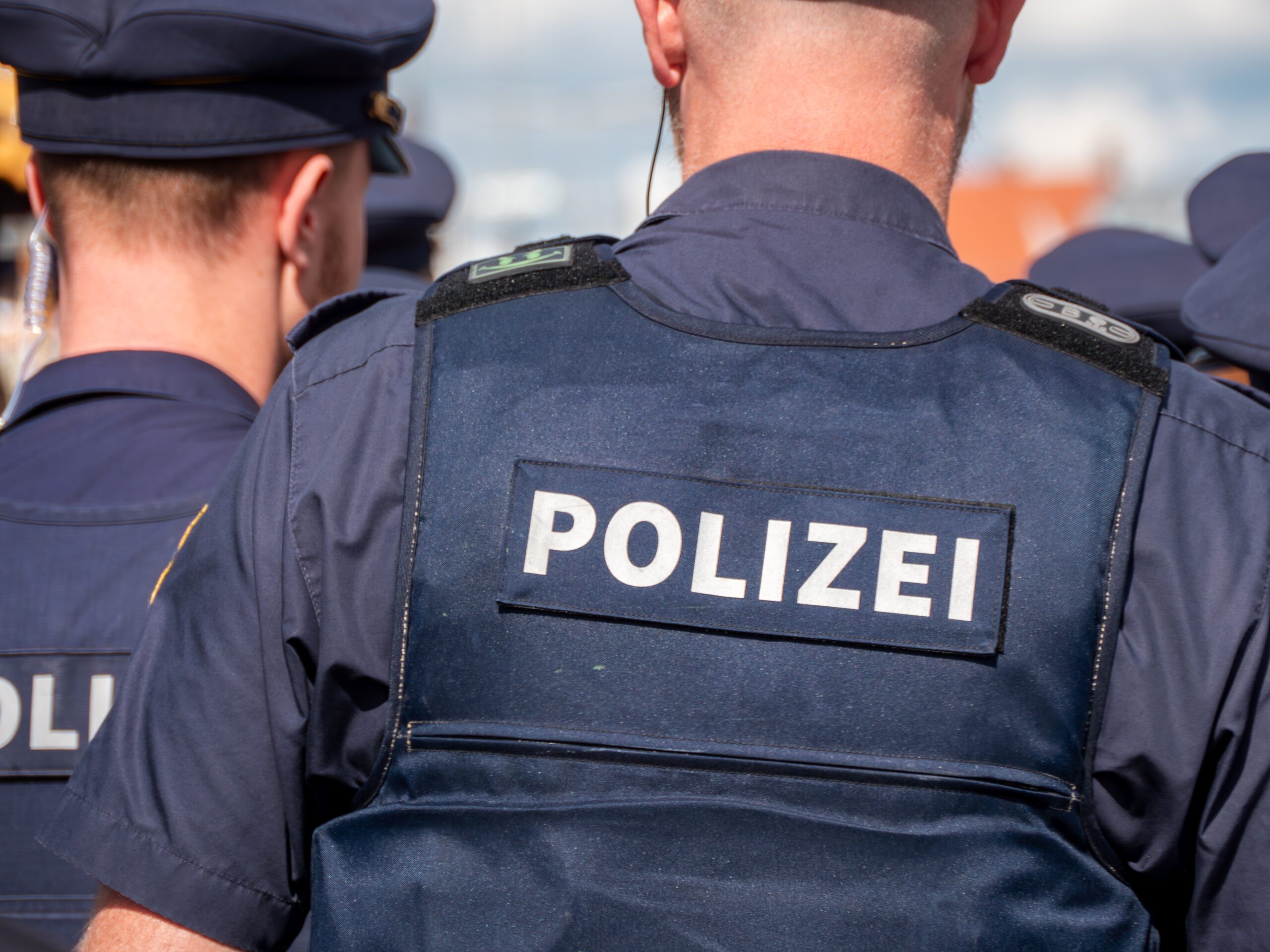Lethal Force – POLICE Under FIRE!

A fatal police shooting of a Black man in Germany has triggered massive protests nationwide as a coroner’s report revealed the victim was shot three times from behind.
At a Glance
- 21-year-old Lorenz A. was shot and killed by police following an altercation outside a nightclub in Oldenburg, Germany
- Coroner’s report indicates Lorenz A. sustained three gunshot wounds from behind, contradicting initial police accounts
- Between 8,000-10,000 people participated in protests in Oldenburg alone, with demonstrations spreading to other German cities
- The officer involved has been suspended and is under investigation for homicide
- Rights groups including Amnesty International Germany have called for addressing structural racism in policing
Shooting Details and Investigation
German authorities are investigating a police officer for homicide after the fatal shooting of 21-year-old Lorenz A. in Oldenburg, Lower Saxony. According to police reports, the incident began when Lorenz A. allegedly used pepper spray on nightclub security personnel during a confrontation. When police responded, they claim he fled the scene and threatened pursuers with a knife before approaching officers in what they described as a menacing manner.
However, a coroner’s report has contradicted aspects of the police account, revealing that Lorenz A. sustained three gunshot wounds to his head, upper body, and hip – all fired from behind. This finding has raised serious questions about the necessity and proportionality of force used during the encounter. The officer who fired the shots has been suspended pending completion of the homicide investigation.
Nationwide Protests and Public Response
The shooting has triggered massive demonstrations across Germany, with the largest gathering in Oldenburg, where between 8,000 and 10,000 people marched demanding justice for Lorenz A. Protesters from diverse backgrounds participated in emotional tributes, carrying signs and banners calling for police accountability and reform. Additional protests occurred in other major cities, including Berlin, showing the national impact of the incident.
Demonstrators have characterized the shooting as racially motivated, arguing that it represents a pattern of structural racism within German law enforcement. Protest organizers and civil rights groups have specifically criticized the police for failing to de-escalate the situation, questioning whether such force would have been used against a white suspect under similar circumstances. The case has become a rallying point for those demanding systemic changes in policing practices.
Official Responses and Calls for Reform
Police Vice President Arne Schmidt acknowledged the incident “has deeply moved many people, including within the police force.” The statement comes as law enforcement officials face increasing scrutiny over their handling of the case and broader questions about training and protocols for use of force. Police shootings are relatively rare in Germany compared to some other countries, which has intensified public outrage over this incident.
Amnesty International Germany and other human rights organizations have called for a comprehensive examination of potential structural racism within German police forces. Justice for Lorenz, a group formed in response to the shooting, has emerged as a leading voice demanding accountability and policy changes. The case highlights ongoing tensions regarding policing, race, and the use of lethal force in Germany, a nation that has historically prided itself on strict gun regulations and low rates of police shootings.












